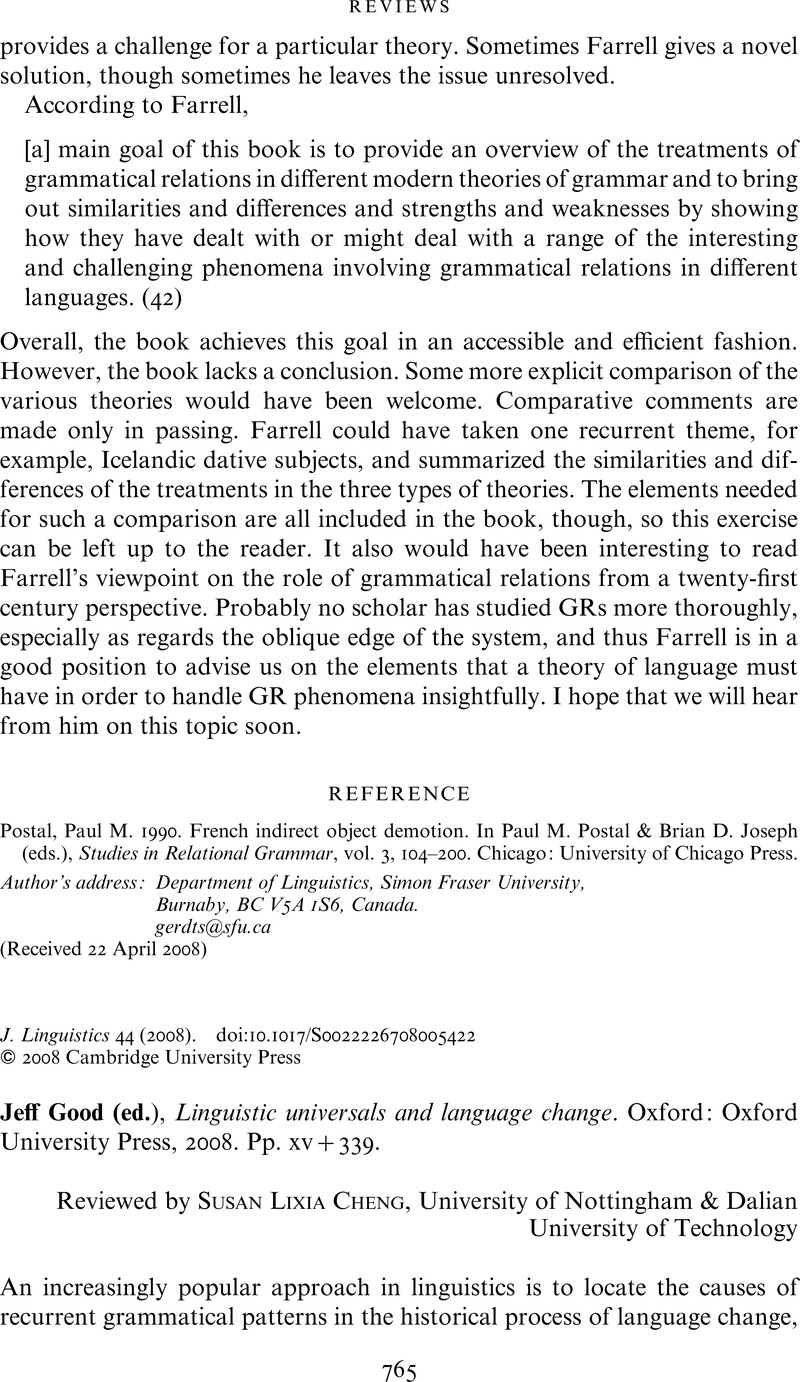Crossref Citations
This article has been cited by the following publications. This list is generated based on data provided by Crossref.
STROHM, P.C.
REISING, K.
HAMMER, T.
SÜDKAMP, N.P.
JAEGER, M.
and
SCHMAL, H.
2011.
Humerus Shaft Fractures - Where Are We Today?.
Acta chirurgiae orthopaedicae et traumatologiae Cechoslovaca,
Vol. 78,
Issue. 3,
p.
185.





